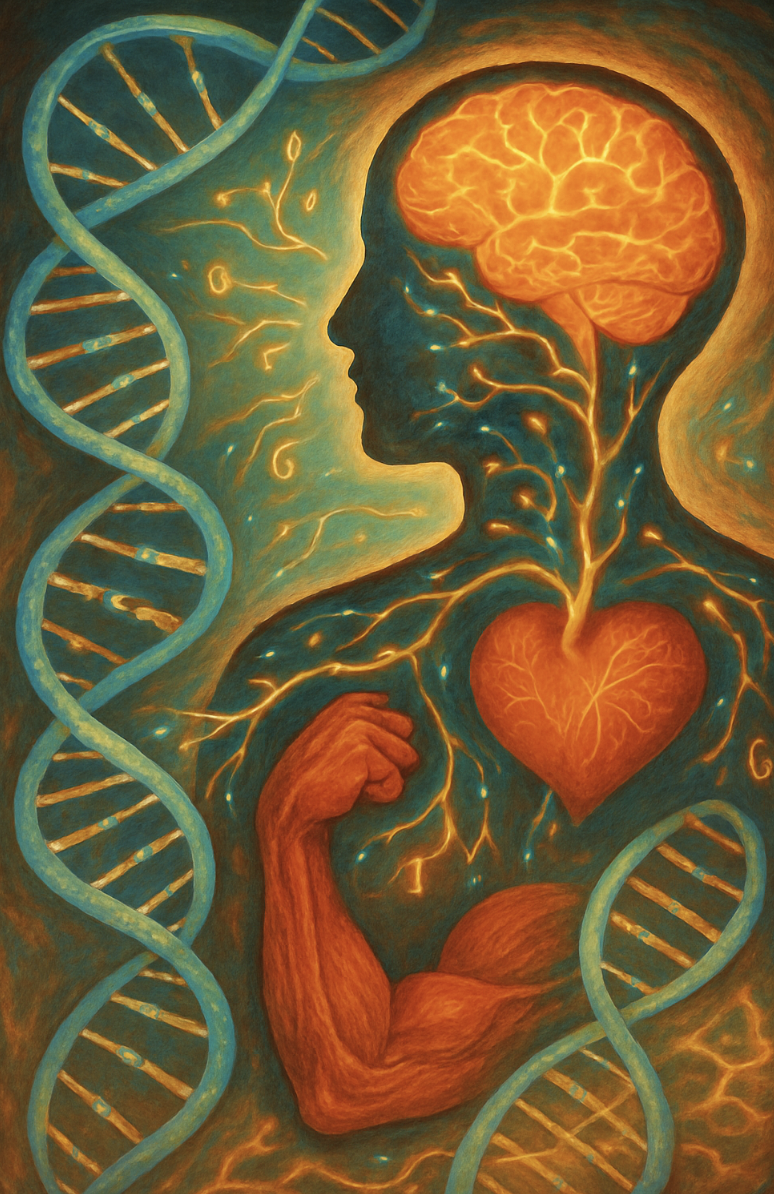Genetics significantly affects individual differences, including education, income, and lifespan. However, it is crucial to recognize that over 99% of our DNA is the same, regardless of race. The less than 1% that differs between us is scientifically fascinating, as many psychological, behavioral, and physical differences are related to it. The power of genetics lies in its ability to help us understand how environmental factors can turn on or off genetic risk. It is crucial to bring together biological differences and an understanding of the environment to shape children's lives. While genetics research remains controversial, it is vital to avoid genome blindness and embrace an anti-eugenics perspective. Anti-eugenic policies, such as the Americans with Disabilities Act, recognize differences between people and strive to equalize their ability to participate with dignity in public spaces. In conclusion, genetics plays a significant role in shaping our lives, and it is crucial to use genetics to understand the environment and create policies that promote equality and justice.
